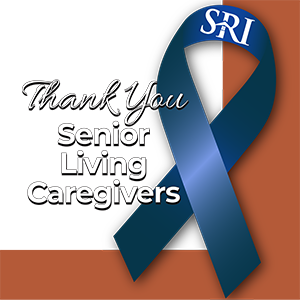Posted in: Health
By Cheryl Toner, MS, RDN on behalf of the National Council of Aging
There are few things in life as comforting and nourishing as food, but it can be controversial and confusing, too. It’s so essential to life one would think common sense is the main ingredient in making food choices, and common sense—along with personal heritage and beliefs—is an important guidepost. Food cultures around the world can look very different from one another, and each can be healthy. Rather than ignoring food customs and preferences, let’s anchor them in the science of nutrition and aging.
Eating for health is often framed in a way that isolates nutrients that are good for your bones, your heart, or your digestive system. The result is a list of foods that will provide those nutrients, but ignores the way nutrients work together. Calcium, for example, is essential for strong bones, but it must partner with magnesium, vitamins D and K, and protein to get the job done. In fact, all these nutrients together are optimized only with weight-bearing exercise.

Tried and true tips
So how do we bring research know-how to the dinner table when it’s so complex? Managing a health condition or nutrient deficiency is best done with a registered dietitian, but these tips can ground your food choices in decades of research and simplify eating well:
- Balance food group choices throughout the day. That’s right—good old food groups. Fruits, vegetables, grains, dairy, and protein. Make half your plate fruits and vegetables, about a quarter grains, and a quarter protein. Not eating off of a plate? Think about balancing throughout the day, but don’t get too technical.
- Make variety the spice of your life and each food group. Try a new herb in cooking, reach for a rainbow of produce, add barley or quinoa to the whole wheat bread and oatmeal rotation, and alternate beans, fish, lean meats, and lentils as protein choices.
- Enjoy eating. Share a meal with a friend or family. Seek out foods that you really like that are also good for you and savor each bite.
In addition to eating well, keep exercising. If you don’t exercise already, talk to your doctor about getting started. Doing both is good for your health… and it simply feels good to be good to you.
If you or your loved one is looking for a community offering Independent Living, Assisted Living, or Memory Care in Yorktown, Virginia call us at (757) 798-8739 to get more details on how a senior living community like ours might just be a perfect fit.





for
special events
and offers